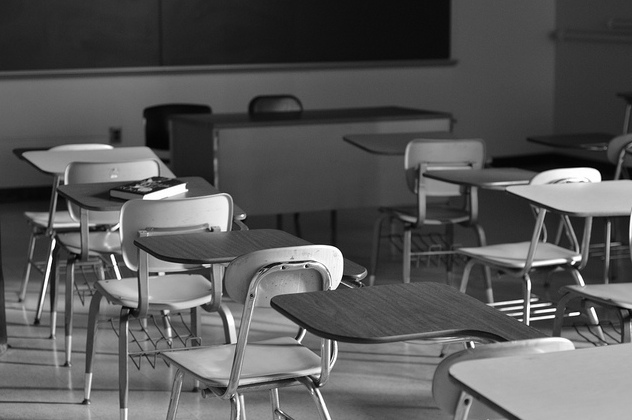 I know life in a prison classroom, and the learning environment you may or may not find once you’ve taken a seat.
I know life in a prison classroom, and the learning environment you may or may not find once you’ve taken a seat.
A brief click-through of “5 Projects to Watch in 2016” from Correctional News leaves me wondering how much prison officials really know about the obstacles inmates face just getting through a detention facility’s classroom door. What does it matter, you ask? Well, in an era where words like “reform,” “rehabilitation,” and “recidivism” are on everyone’s lips, it’s important to know when a component as critical as education is simply being given lip service.
Correctional News covers prison operations, design, and construction. It celebrates grand openings and groundbreakings because imminent completion dates tend to matter to rubber mattress merchants, vendors of detection products, and shower flooring suppliers.
Currently showcased are the East County Detention Center near Palm Springs, for example, which is set to open in 2017, the Kern County justice facility in Bakersfield, and the new Utah State Prison, among others. California being where I paid my debt to society, I tend to monitor its prison system more closely than I do others. But all of these entries have something in common, and that’s my point: they feature anemic descriptions of the education facilities also under construction. Rehabilitation-as-footnote here, will eventually make corrections administrators and state officials look as though they’re simply hanging wreaths of rehabilitation on freshly painted classroom doors and leaving it at that. Read more



